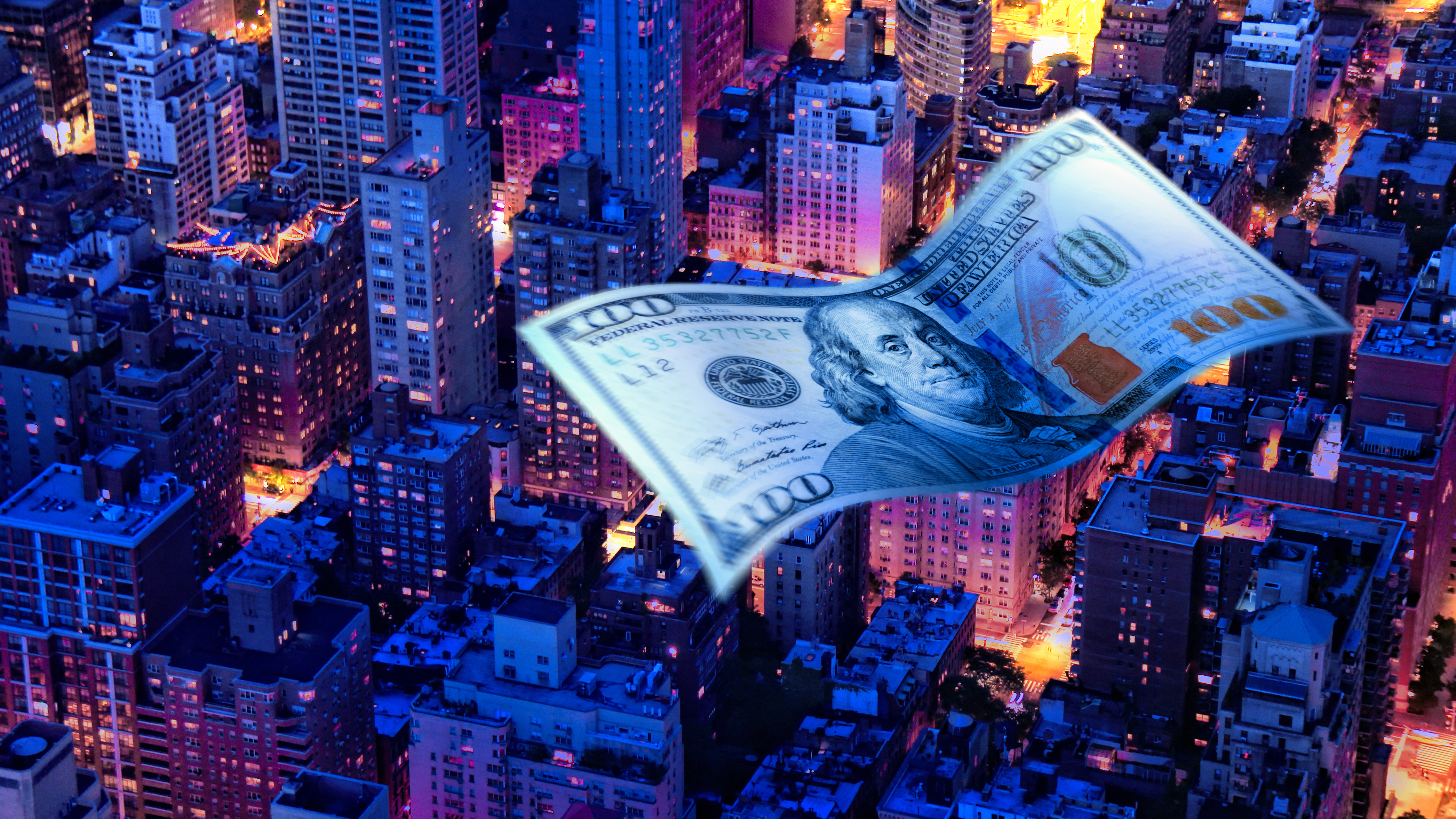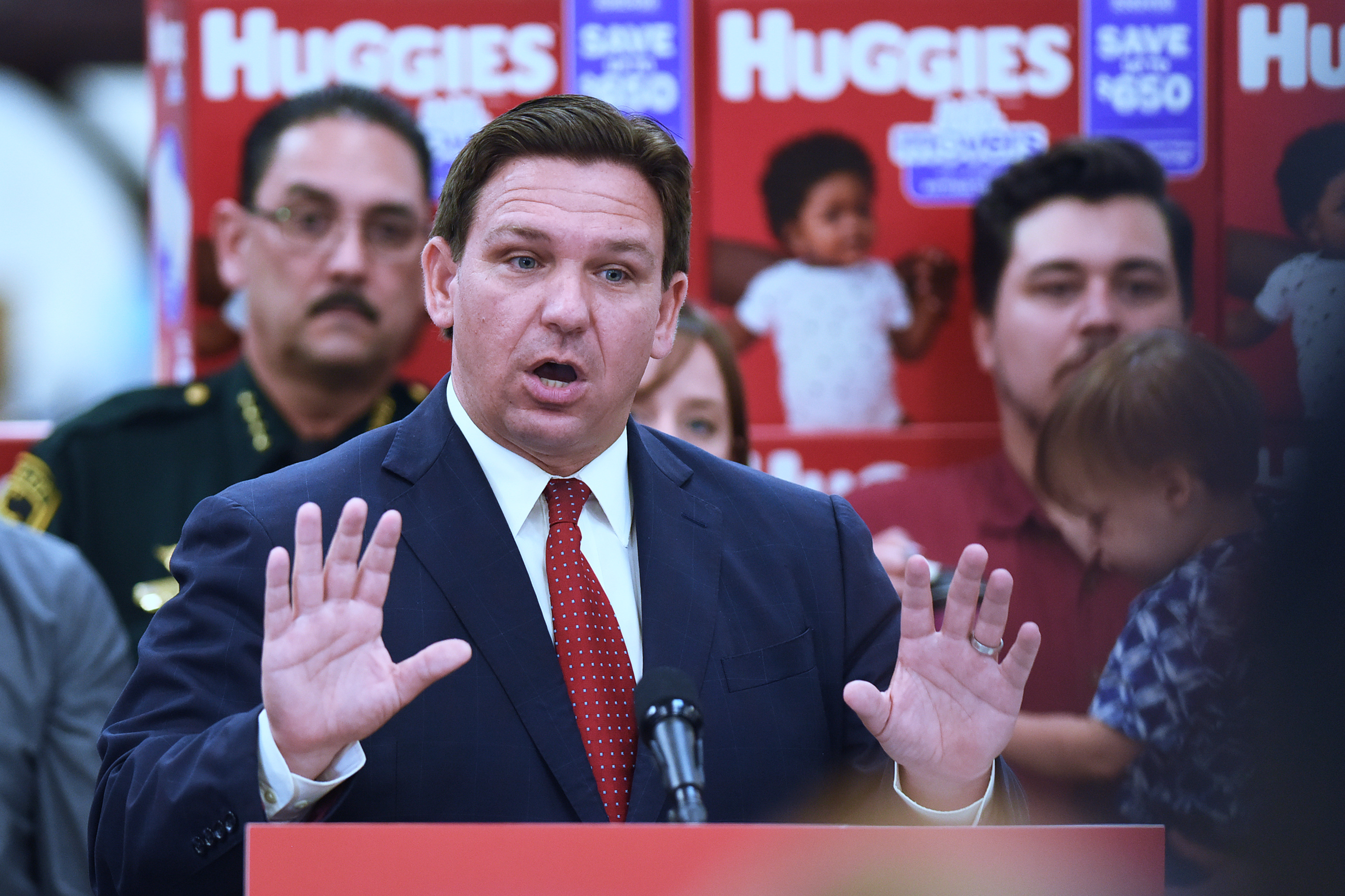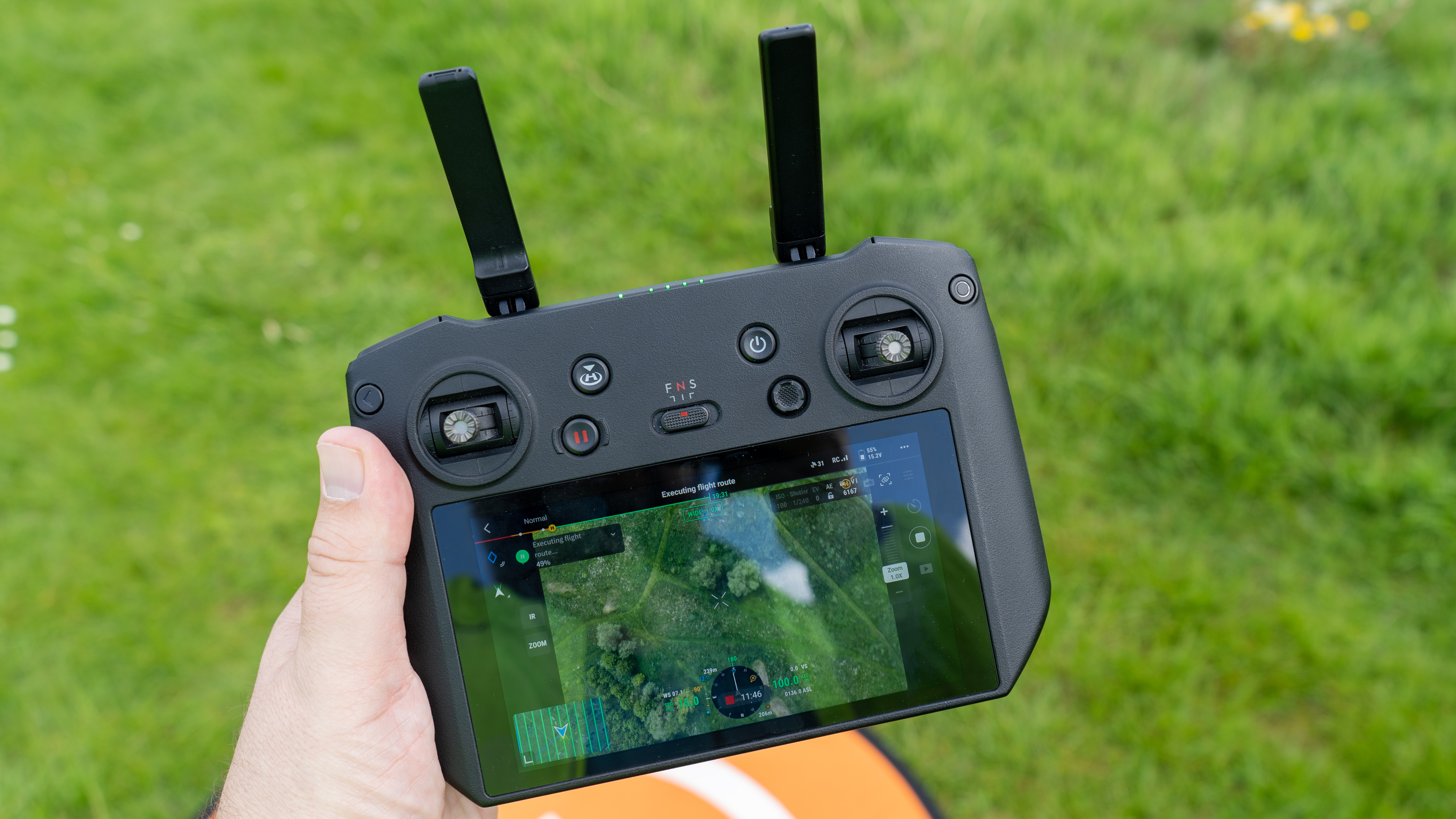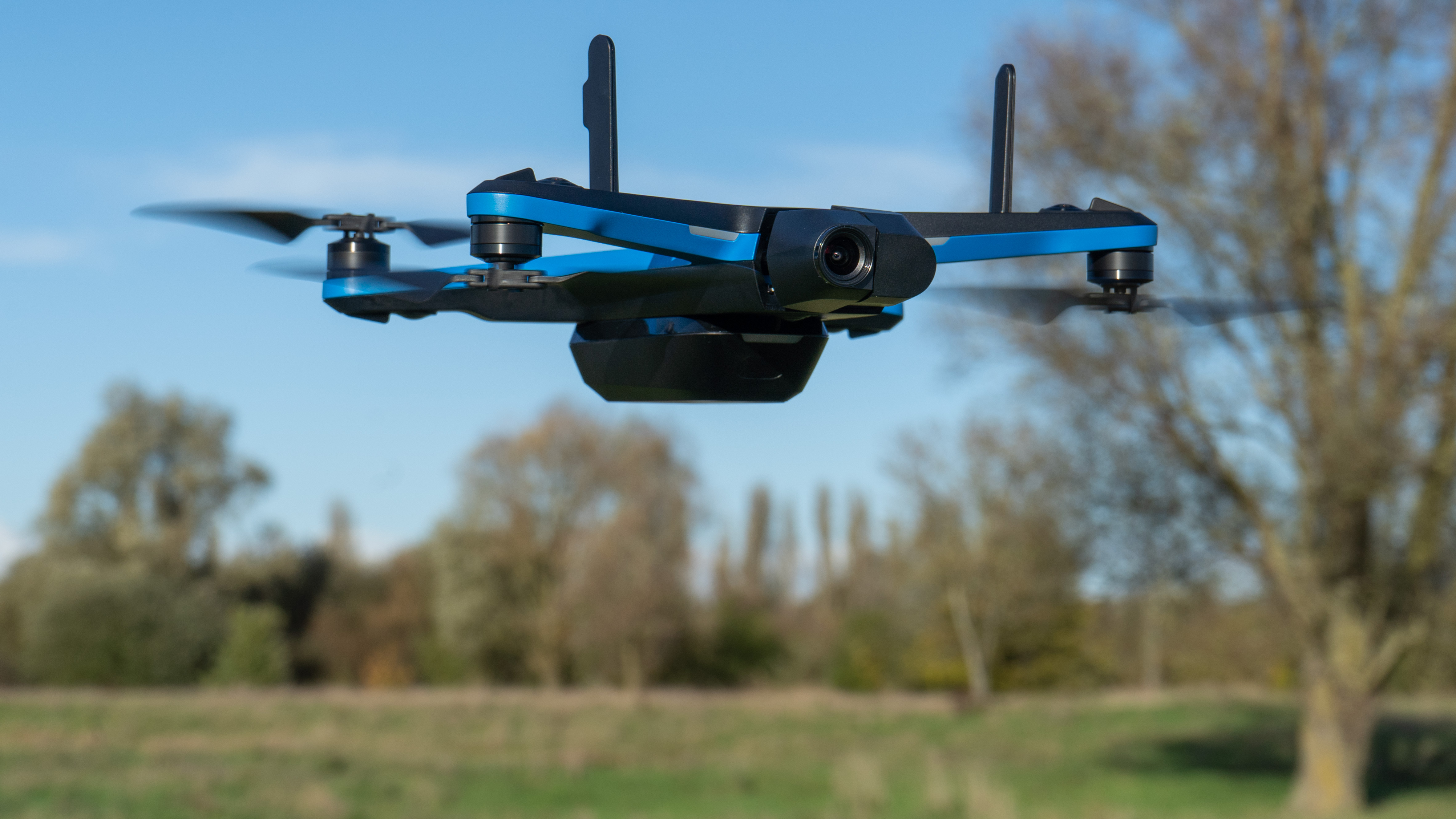
Small drones, many of the same ones used by consumers and photographers, have become a major political issue in the USA. Republicans especially – but not exclusively – are trying to prove their strength against China by banning government agencies from buying or operating them with the proposed American Security Drone Act. But there's a big problem.
Forbes has conducted some research including Freedom of Information Act requests that reveal just how big that problem might be.
Collectively these already have a pretty big fleet of drones, and most are Chinese. Forbes research showed New Jersey alone had 550 drones, of which 440 were DJI and 65 Autel – both Chinese companies. There were 3,000 UAVs in Florida, of which 1,500 were DJI and 300 Autel.
Hardline politicians are attempting to force through bans, state-by-state, but these are just bans. They have no cash to replace the drones being banned. The very definition of an 'unfunded mandate.'

However, if the US is to keep the drone capability it already has, someone will need to pay for a new American fleet. Which won't be cheap, even if you imagine that existing US products are equivalent. In my best camera drone list, I'm far from sure that is true.
Florida was the first state to ban Chinese drones and replacing the 1,800 drones ended up requiring $25 million (around £20m, or AUS$37.5m). Arkansaw has followed with the ban (but not the cash support), and Alabama has a similar law in the works. Yes, these are states with Republican governors. Florida's Ron DeSantis is hoping to be President.
A back-of-the-envelope bit of math suggests that $25 million per state will come to over $1 billion. Or, as Florida is a big state, we could adjust the figure to be proportional by population. That's still $375 million Americans can expect to pay for what is, essentially, a paranoia about DJI and other Chinese drone manufacturers which hasn't been proven.

Evidence of spying
From an old-fashioned journalistic standpoint there's also the issue that none of the claims made about Chinese drones sending visuals and data back to Communist Party snoops has been corroborated with any actual evidence. This seems to be an old-fashioned point in US politics, but worth considering.
If you accept the USA should ban drones, and risk its international reputation as a trading state, then have to ask "Why?" (This is perhaps why the federal government has been less inclined to ban than some 'red states' (politically right wing).
What can a drone video taken by some cops overseeing an individual car crash or drugs bust show the Chinese they don't already know about US policy? As Randall Warnas, former DJI sales manager then, briefly, Autel US CEO told Forbes succinctly: “If the Chinese could access this, and that's a big ‘if,’ who cares?”
Drone software usually offers the option to send material back to corporate HQ, just like most American devices will, for the developers to analyze and fix issues. That might explain the mechanism that causes the paranoia.
What seems to be more of a driving issue is that this is an area of tech the Americans are not leading in. Just as with TikTok, that seems to be an issue that is causing considerable discomfort. (See our report on the potential US TikTok ban).
Blocking sales might prevent spying, but it will also give a helping hand to US competitors. Old-fashioned protectionism.

Buy American (or not Chinese)
If your choice is being restricted by these laws, that's a shame. The Mavic 3T is a great drone, for example. But there are some alternatives for those forced into America or America-approved drones. The principal among these is Skydio, and I reviewed the Skydio 2+ not long ago. French company Parrot are still in the game, too.







